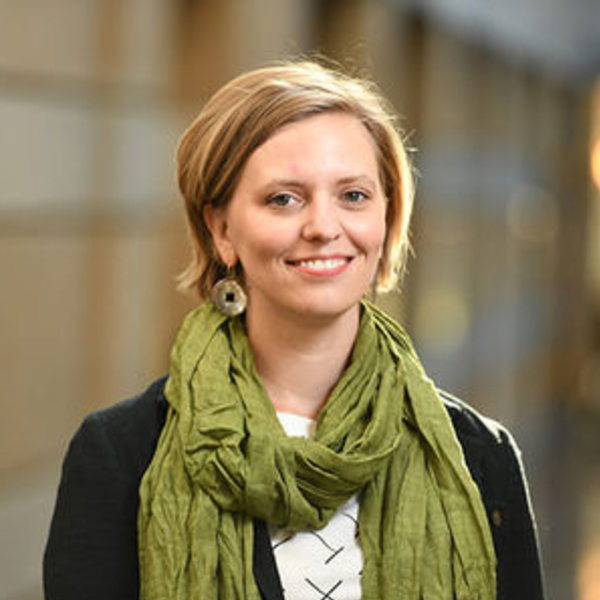Global Stage Podcast
 About this Episode:
About this Episode:
Kellogg Institute Faculty Fellow and Keough School anthropologist Julia Kowalski presents results from her ethnographic research around the dynamics of gender-based violence and counseling practices in northern India. In a conversation with Kellogg Doctoral Affiliate and peace studies/anthropology PhD student Jem Panganiban, Kowalski describes her use of an ideology of language framework to deconstruct the interactions between victims and perpetrators, as well as counselors and families, to understand practical and intuitive responses to violence. Her research questions the assumptions around personal independence and kinship values, drawing from her extensive experience in counseling offices around India.
Show Notes:
Welcome to Global Stage, a podcast highlighting academic and policy-oriented international research on democracy and human development. Our guest host today is Kellogg doctoral affiliate Jeremi Panganiban, a PhD student in peace studies and anthropology.
In today’s episode, we speak with Julia Kowalski, a cultural anthropologist and assistant professor of global affairs at the Keough School of Global Affairs. She is a faculty fellow of the Kellogg Institute for International Studies and the author of the book Counseling Women: Kinship Against Violence in India, which is the topic for our conversation today.
Julia’s book engages the work of family counselors in Jaipur (northern India) to show the complexities of frontline work. To begin, she shares her source of inspiration behind the work. These front-line workers are working with NGO-led women's rights organizations in a city known for its gender inequality and increased gender-based violence. When framing her dissertation, Julia became interested in studying the discourse around family in India and how it was being used to make sense of social change. Women facing violence in their household have two options to turn to: the criminal justice system or the newer family counseling practices. After explaining how the counseling practices operate in northern India, she unpacks her book’s core argument that the family is the solution. From her own experience in these counseling centers, she has found that many families, even during times of conflict, desire a happy and healthy family dynamic.
What we refer to as “kinship” or “family” is incredibly multi-faceted and is not just a set of static rules which will apply to all. Listening to what was actually being said during these counseling sessions and understanding how counselors viewed their own role revealed the importance of language ideologies to Julia. She found that counselors were less interested in diagnosing violence in the past than in helping sustain a supportive family environment moving forward. They do not label violence, but rather promote the idea that speaking with love will encourage thoughtful behavior and reactions. Finally, she unpacks the concept of interdependence in social development.
Links:
- Learn more about Julia Kowalski
- Learn more about her book Counseling Women: Kinship Against Violence in India
Listen
Listen below, ask your smart device to “play Global Stage Podcast,” or find us on:
Apple | Spotify | Google Podcasts | Stitcher | iHeartRadio | TuneIn





